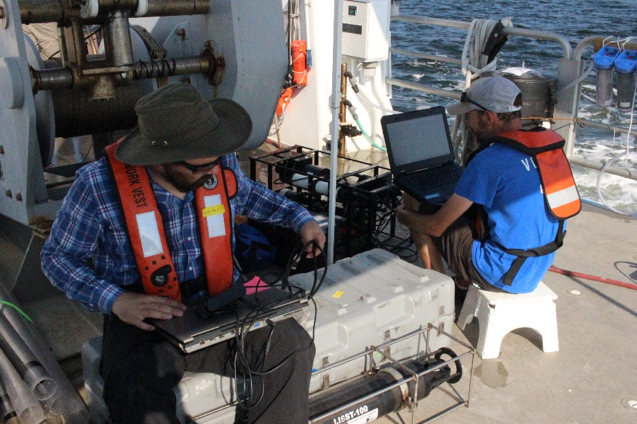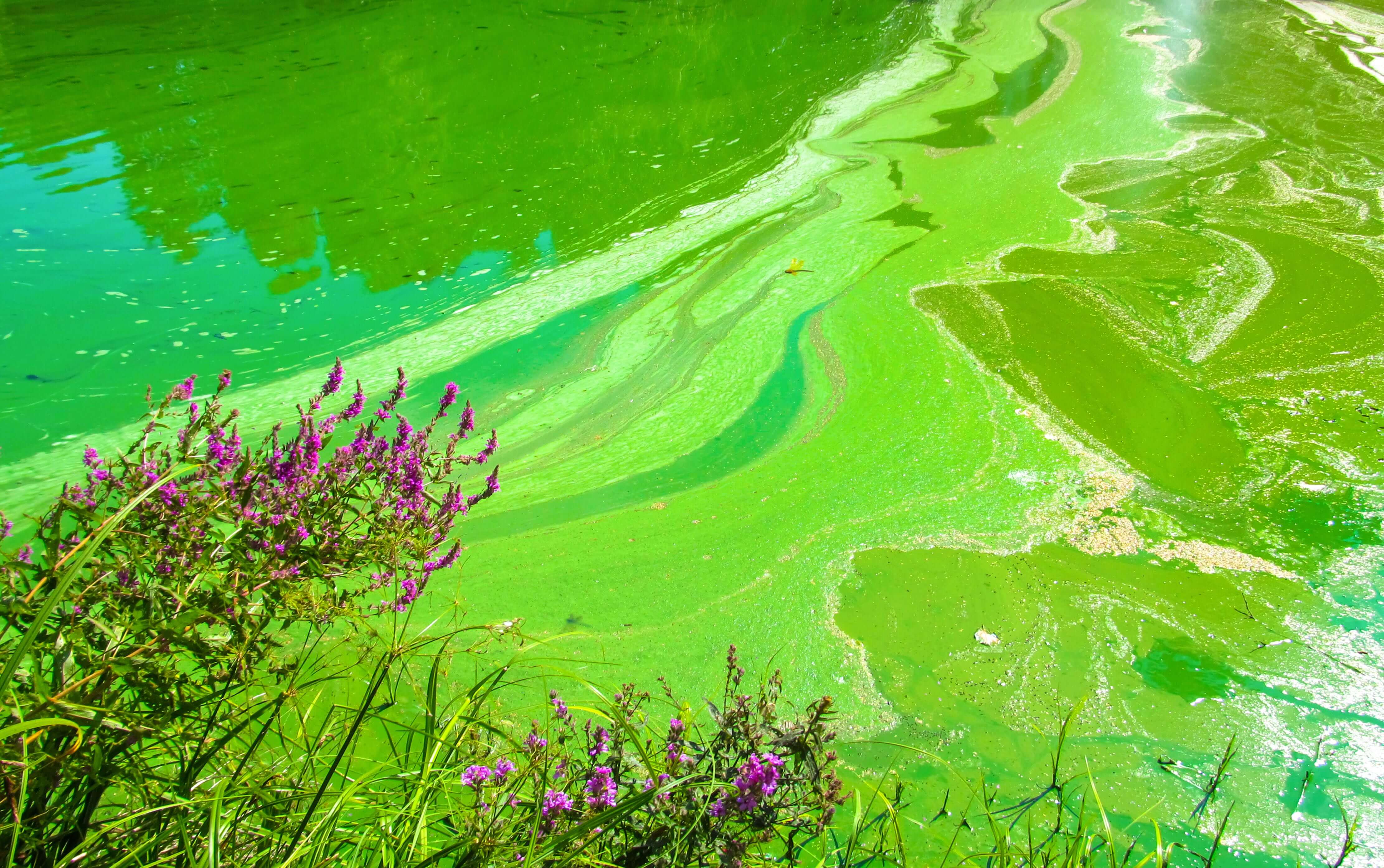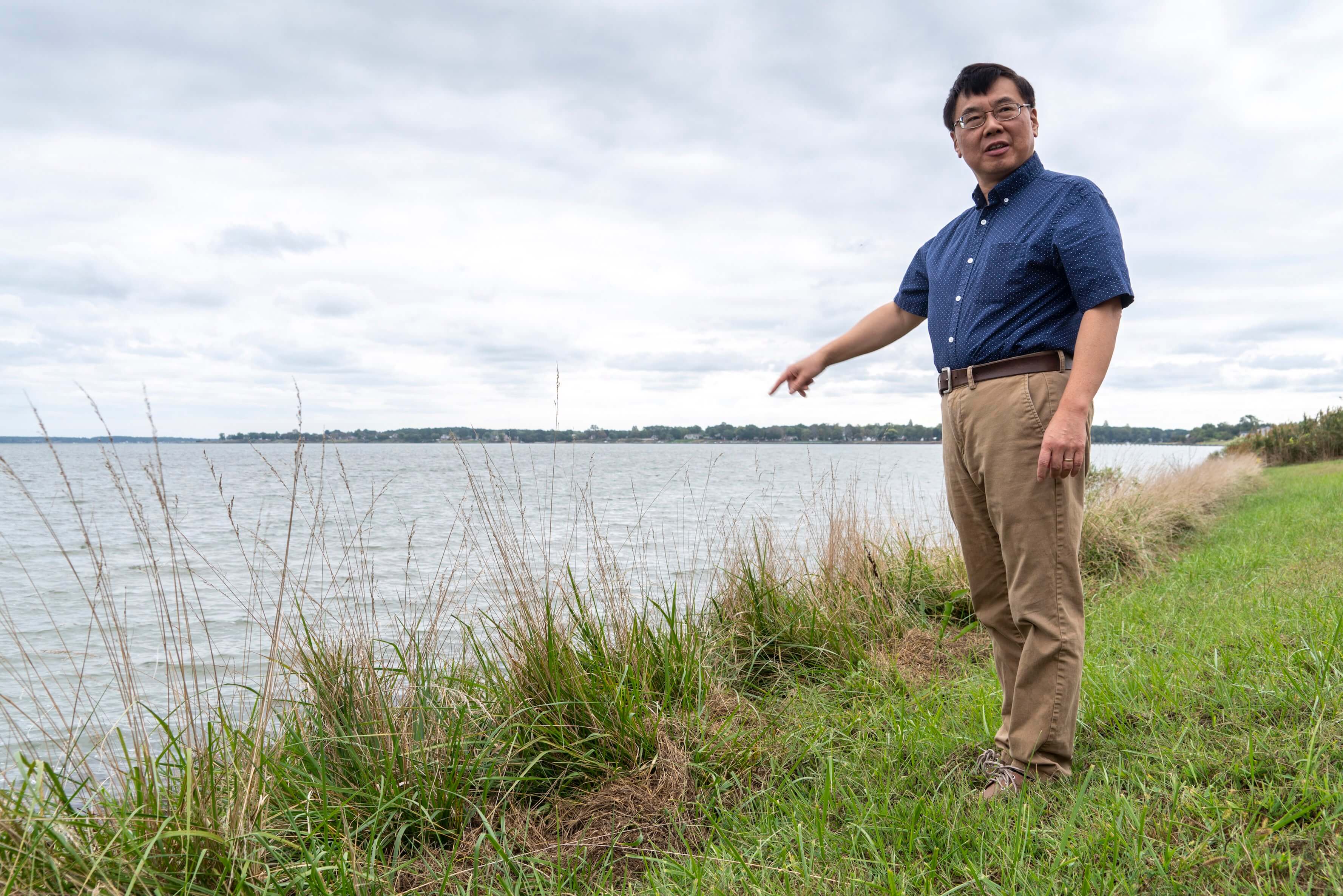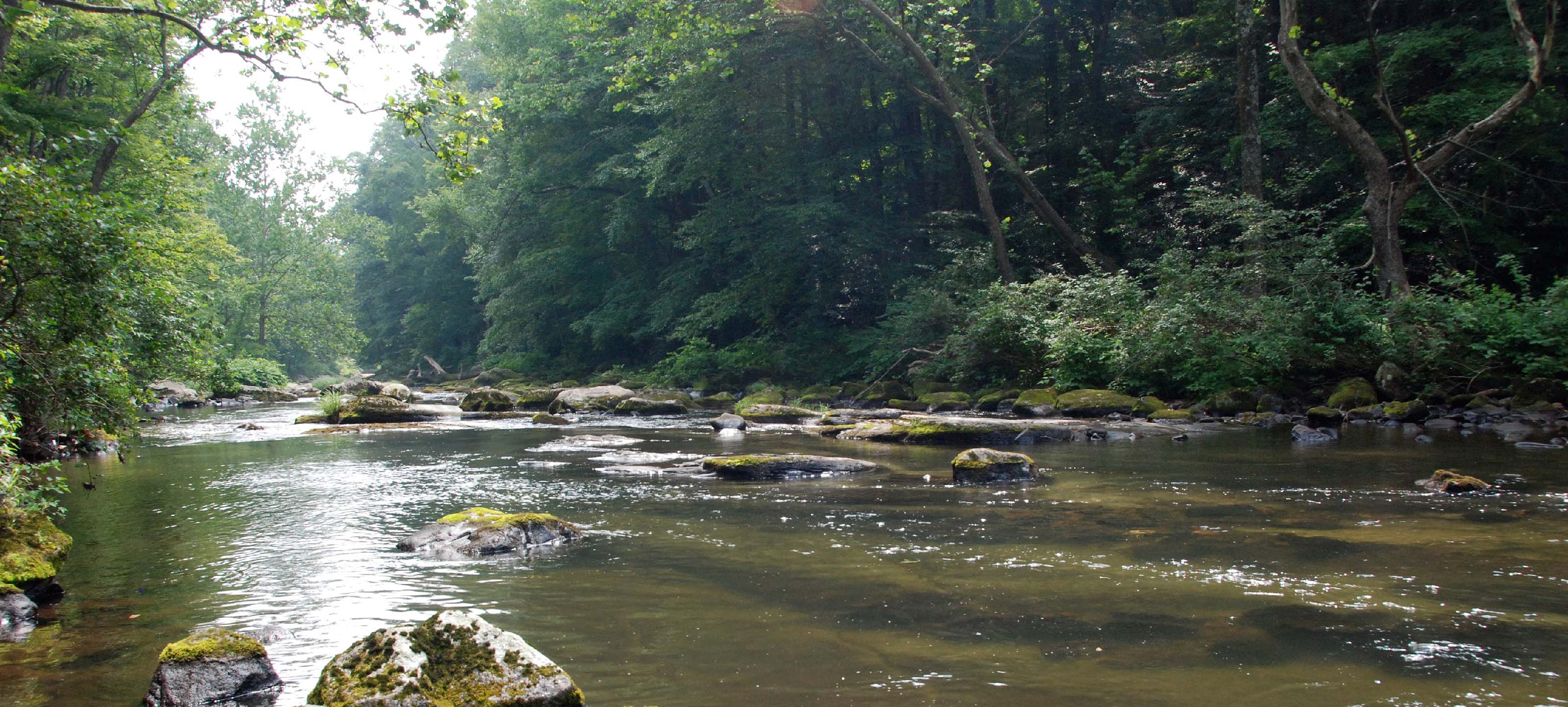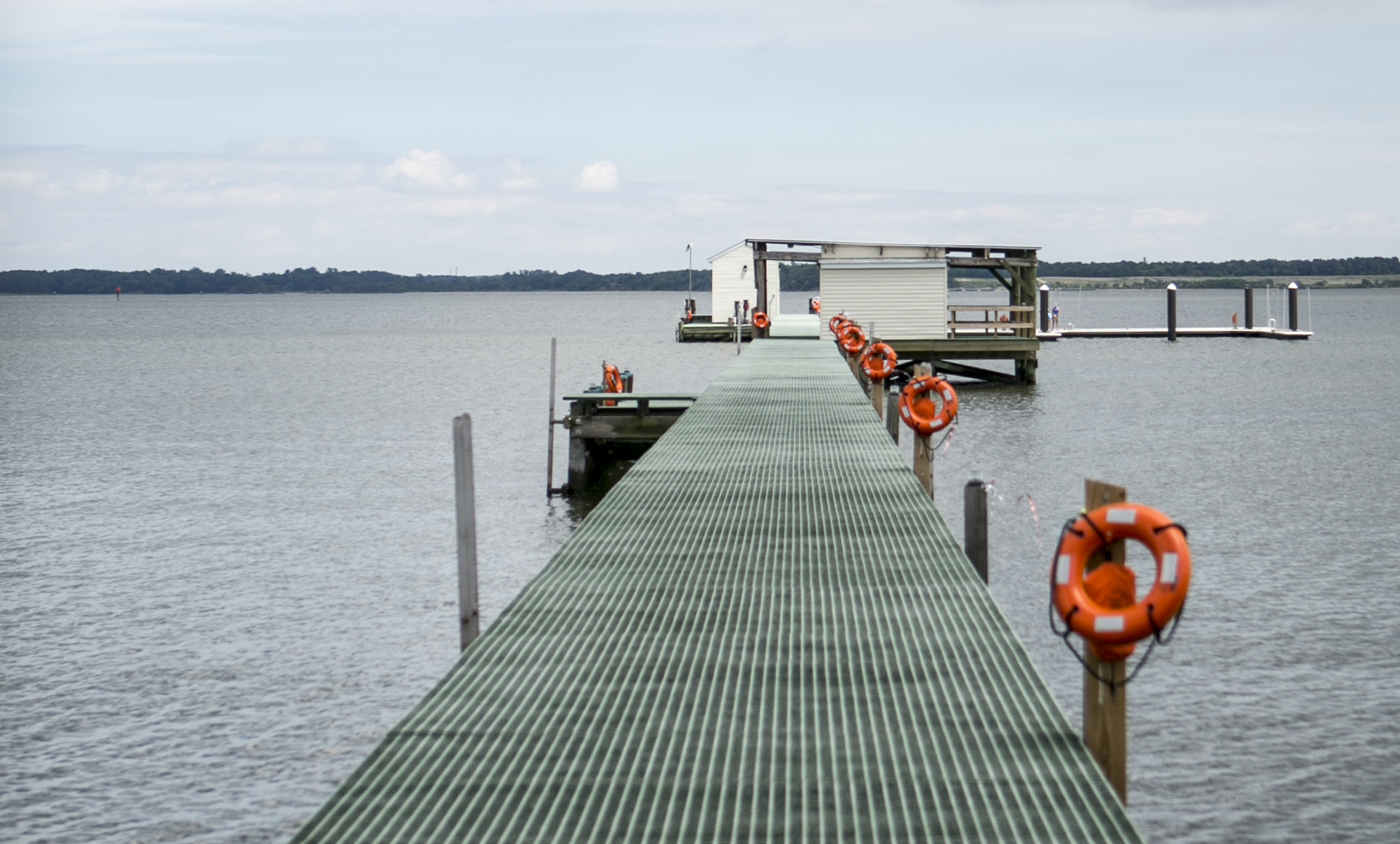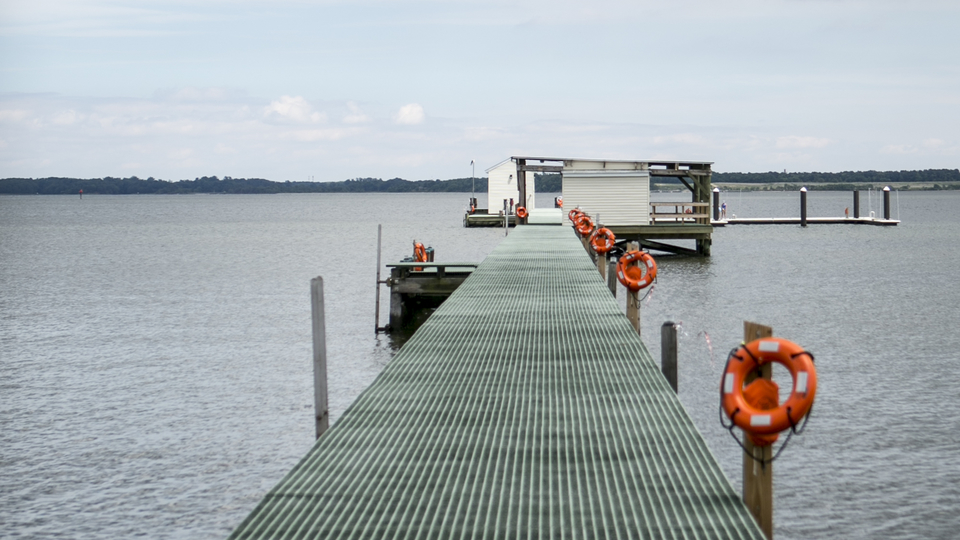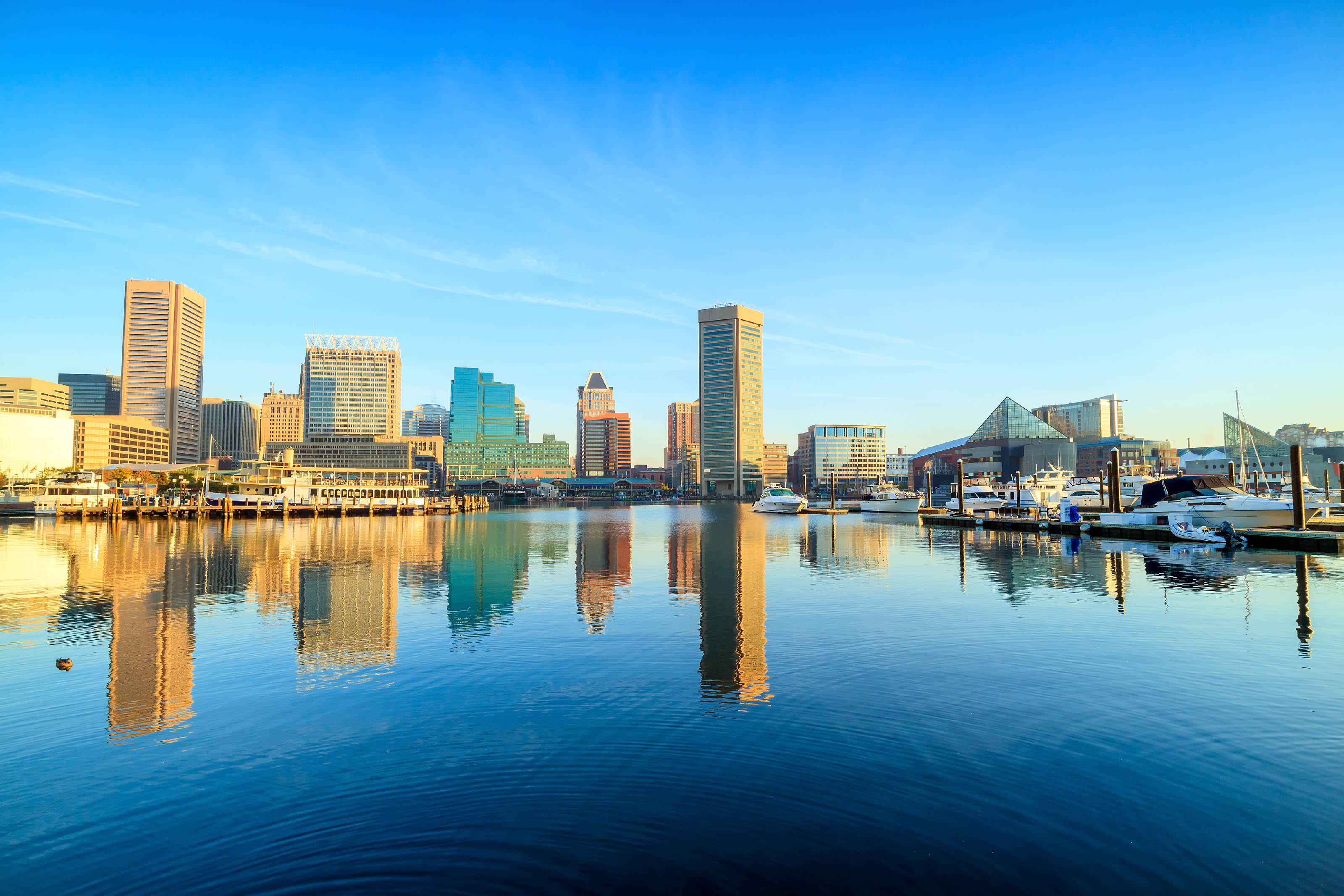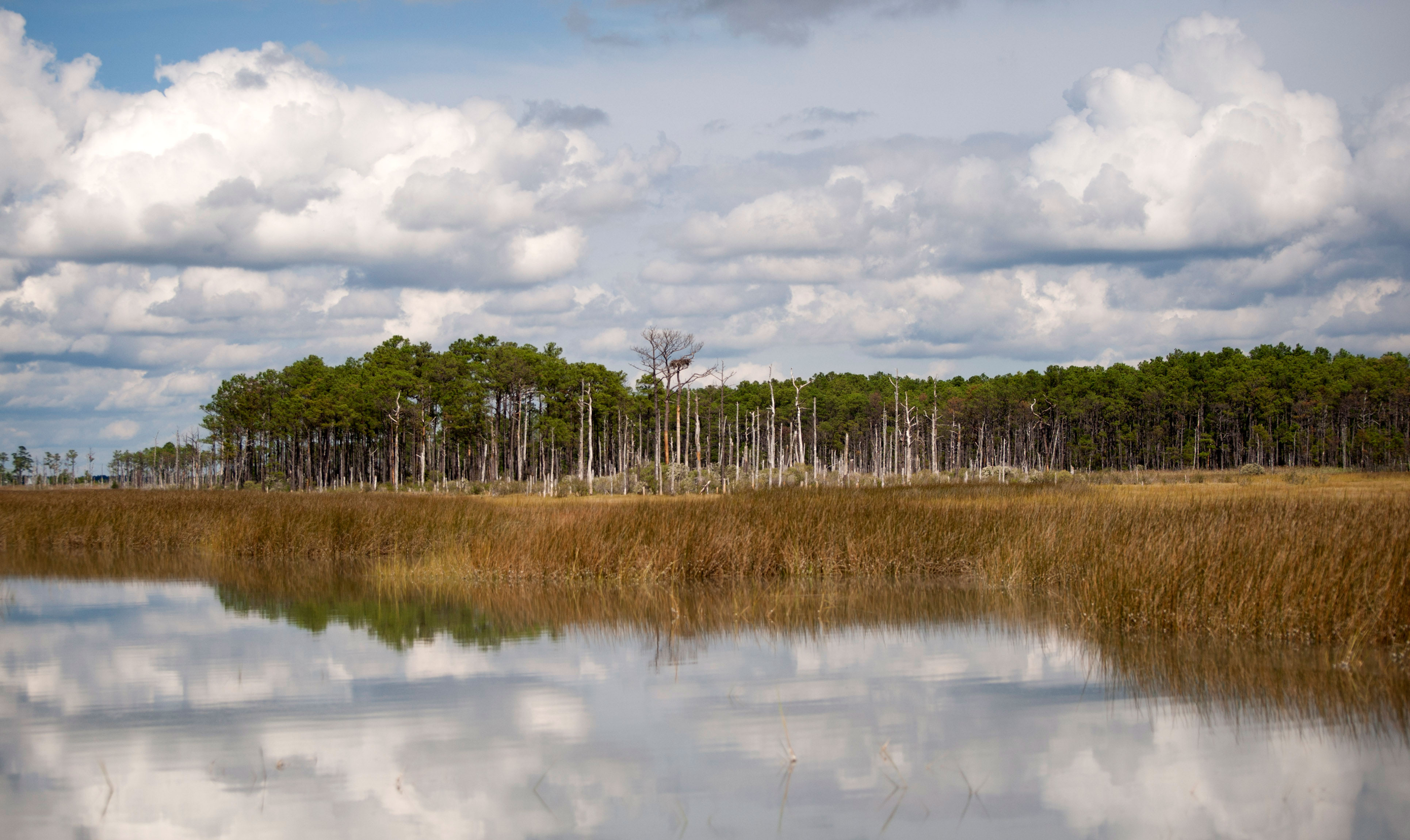The University of Maryland Center for Environmental Science leads the way toward better management of Maryland’s natural resources and the protection and restoration of the Chesapeake Bay. From a network of laboratories located across the state, our scientists provide sound advice to help state and national leaders manage the environment and prepare future scientists to meet the global challenges of the 21st century.



